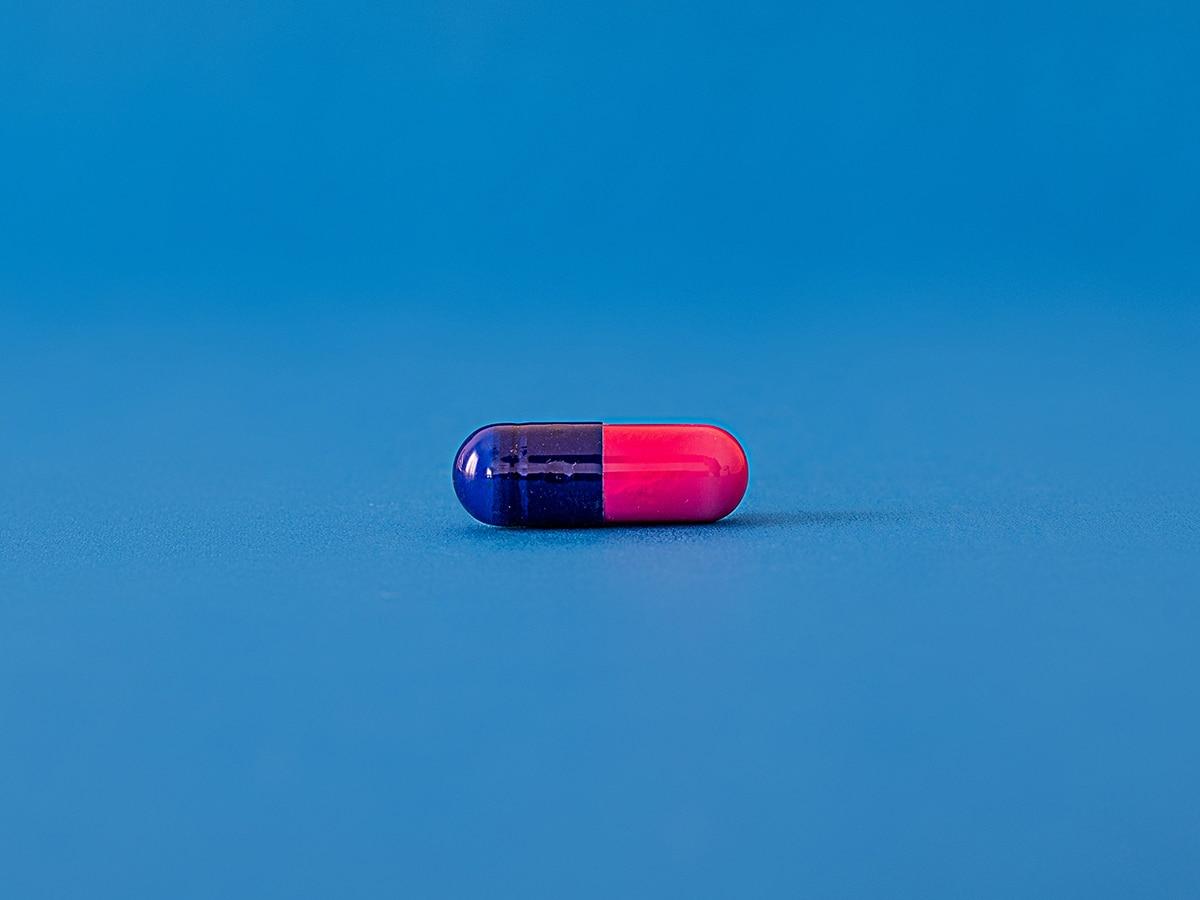
Breaking Boundaries: How Australia is Leading the Psychedelic Revolution in Mental Health

Published:
Readtime: 3 min
Every product is carefully selected by our editors and experts. If you buy from a link, we may earn a commission. Learn more. For more information on how we test products, click here.
Fasten your seatbelts, gentlemen, as we delve into the brave new world of medical innovation, where boundary-pushing changes are afoot, and Australia is stepping up to lead the charge. Mind Medicine Australia (MMA), a registered charity with its sights set on transforming the mental health landscape, has been advocating for psychedelic-assisted therapies to become a recognised treatment option for severe mental illness. Now, the organisation has partnered with the Canadian firm, Optimi Health Corp, to deliver medical-grade psilocybin and MDMA to Australian shores.
RELATED: This Aussie Company Has Just Launched a New TGA-Approved Hangover Solution

The news follows the groundbreaking move by the Therapeutic Goods Administration (TGA) to reschedule two psychedelic substances – psilocybin (the psychoactive ingredient in magic mushrooms) and MDMA (found in ecstasy). From 1st July 2023, these substances can be legitimately prescribed by authorised psychiatrists to patients struggling with treatment-resistant depression and PTSD.
Starting from July 2023, these substances will be available for clinical use and research trials, ensuring affordable access in line with the TGA’s decision. In essence, the move has been fuelled by the understanding that traditional treatments may not always be effective for those wrestling with conditions such as depression and post-traumatic stress disorder (PTSD).
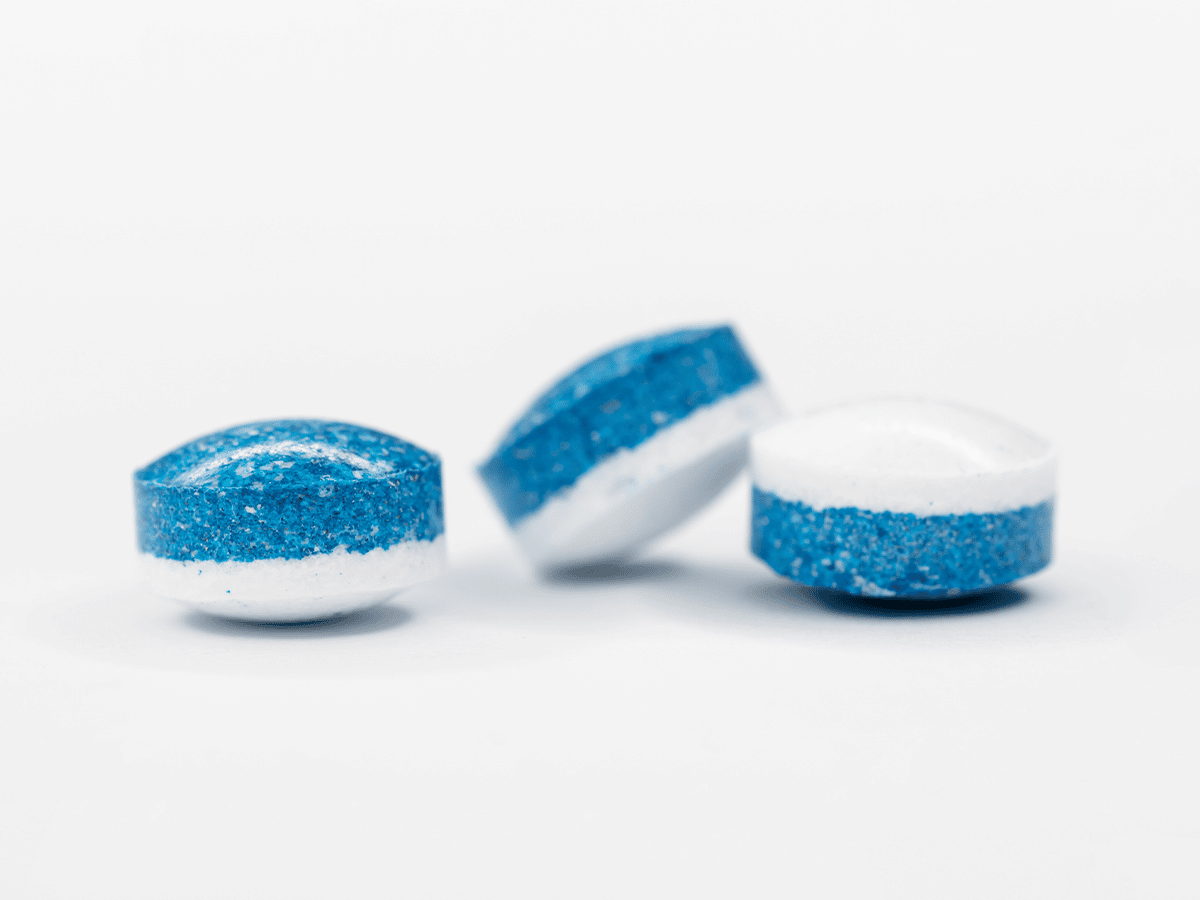
To further deepen the well of research and understanding in this field, MMA is welcoming applications from research organisations for the supply of medical-grade psilocybin and MDMA – free of charge – to support new clinical trials. The objective is clear – to enhance our comprehension of these therapies and investigate their potential application for other classes of mental and physical illnesses.
Peter Hunt AM, MMA’s chairman, expressed the significance of this shift: “Since MMA’s establishment four years ago, Australia has transitioned from starting its first clinical trial of psychedelic medicine to multiple trials, becoming the first country in the world to reschedule these substances for clinical use as medicines.” He shared his enthusiasm for Australia’s continued contributions to this exciting field of medical research, saying they’re ready to support innovative new trials.
Now, we can hear the questions brewing. “Can I access these new therapies?” “How can I participate in a clinical trial?” “Where can I find a psychiatrist for these treatments?” So, let’s dive into the thick of things and tackle those queries head-on.
Starting from 1st July 2023, psychiatrists given the green light by the TGA will be able to prescribe psilocybin and MDMA to those battling treatment-resistant depression and PTSD. This change has been possible due to MMA’s applications, fuelled by public submissions showing the desperate need for new treatment options.
Keen to stay informed about these new therapies? Just fill out the expression of interest form provided by MMA, and they’ll keep you in the loop. Please note that while these therapies are new, MMA doesn’t advocate for illegal use. Instead, they’ve developed a directory of clinicians trained in psychedelic-assisted treatments who can provide professional advice within their scope of practice.
So there you have it, Australia is carving out a new path in mental health treatment. With a blend of courage and innovation, we’re on the road to potential breakthroughs that may revolutionise mental health care. Stay tuned as we bring you more updates from this unfolding chapter in medical history.







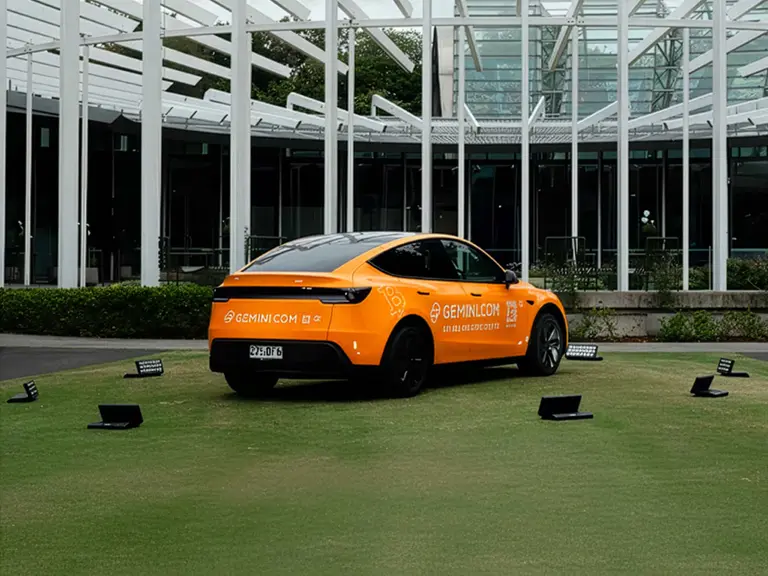



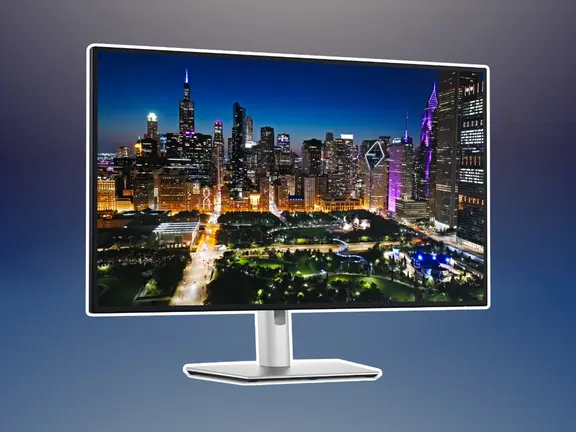










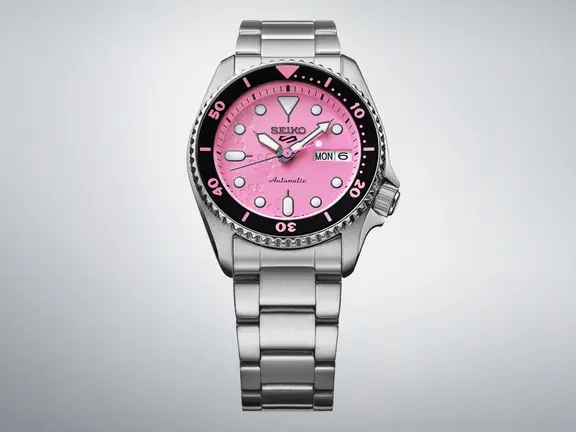






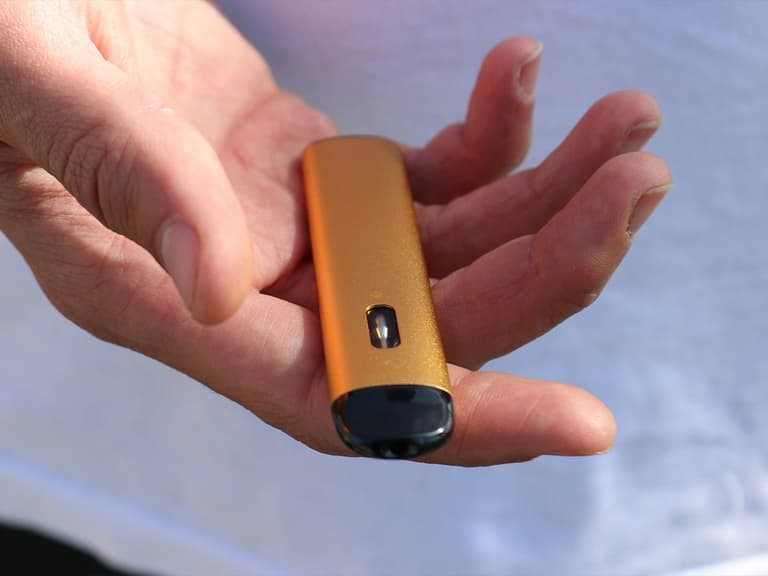
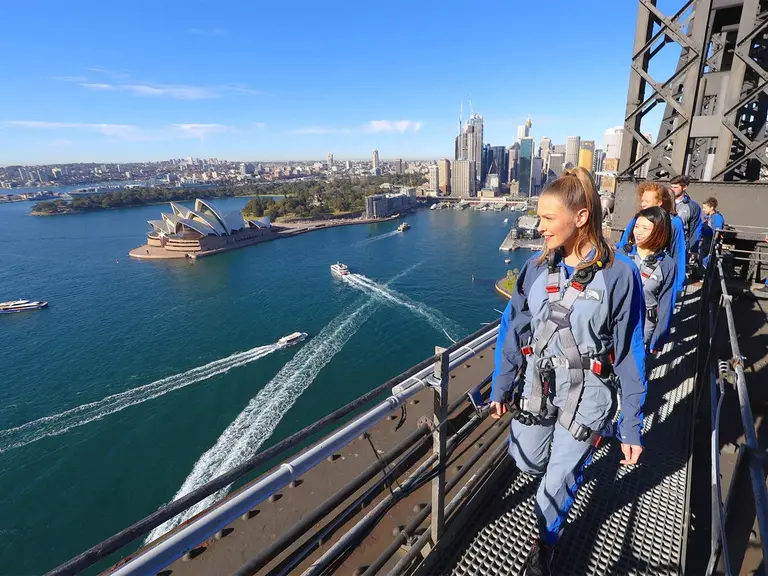


Comments
We love hearing from you. or to leave a comment.